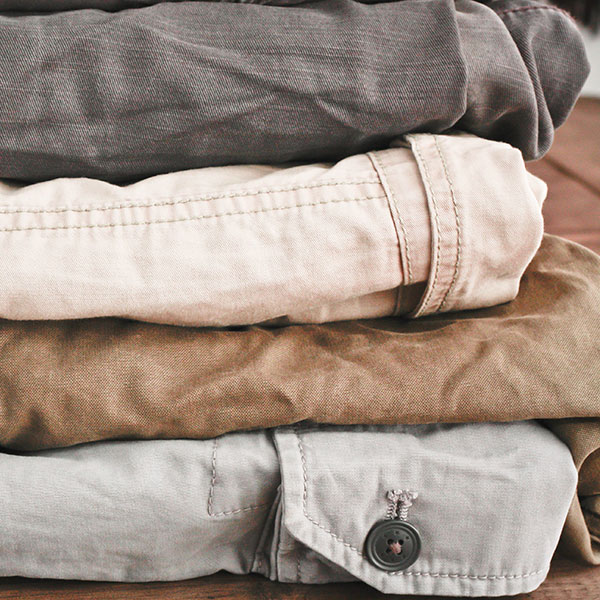Luggage
For your international flights, we recommend you bring your camera, computer, toiletries, and a few pieces of essential clothing in a carry-on bag. The international airlines lose luggage more often than you might think, and since it usually takes a day or two for lost luggage to appear, we recommend being prepared. We don’t want anything to upset the perfection of your safari with us!
You are welcome to leave extra luggage and clothes you won’t need on safari with us in Nairobi. We are happy to have your clothes washed and ironed, or dry-cleaned, ready for your return.
For flights within Africa, the local airlines require that passengers use a soft-sided duffel bag with maximum weight allowance of 33 lbs. per person. (Since laundry is done every day at our camps and most of the lodges, 33 lbs. is more than adequate for a 10-14 day safari, so don’t panic). You are also allowed a “reasonable” amount of carry-on, so you can carry your cameras and laptop on board.
Our safari team will remind you before you board your local flight to the next exciting safari destination, to keep your binoculars and camera in hand (also your hat and sunscreen). This way, when you arrive at your destination, you won’t need to unpack and locate your equipment at the airstrip – you can go on a game-drive immediately upon landing.
Please note: although our service in our camps is regarded by our guests as ‘5-Star,’ there are no airport valets or baggage handlers (other than your driver/guides) at the local airstrips, so please be prepared to help carry your own luggage to the safari cars.
Clothing
Laundry is done every day during your safari, so you can pack light. We recommend 2 x long trousers, 2 x shorts, 2 x long sleeve shirts, 2 x short sleeve shirts, plenty of socks, T-Shirts, and underwear, sleep wear, and at least one hat. Although there are lots of ‘micro-fiber’ and insect-proof travel clothes on the market, cotton is still the coolest, most comfortable, and most durable material for safari, so we recommend you stick to good honest cotton clothing.
“Khaki” is the legendary color for safari clothing, and although khaki or “earth” colors are recommended, our only specific recommendation is that you don’t wear white clothing while approaching wild animals on foot or on horseback. The color white is alarming to most animals.
Equatorial nights and early mornings can be surprisingly cool (in the low-50′s), so bring a polar-fleece jacket or sweater with you. Rain is always a possibility, so bring a light, waterproof jacket or poncho.
Gorilla treks require specific clothing and we will supply that list for you upon request.
Shoes
Any comfortable walking shoes or training shoes will do. Those old running shoes in the closet are just fine for safari and you can give them to one of your new African pals when you leave camp. Bring plenty of sturdy cotton socks.
You won’t need heavy hiking boots unless you are going on a camel safari, gorilla trek, or climbing Mt. Kenya or Kilimanjaro.



